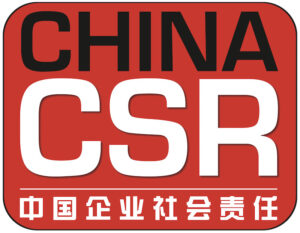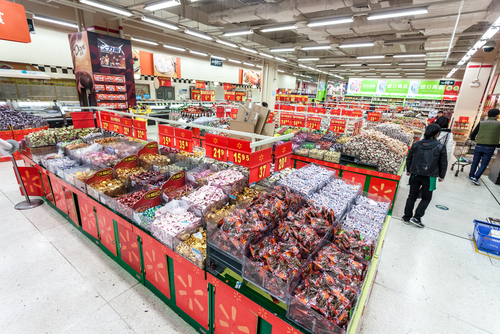Wal-Mart is taking food safety and product quality seriously as it enlarges its monetary commitment towards consumer health in China.
Paul Gallemore, chief compliance officer of Wal-Mart China, announced that after the company's decision to invest CNY100 million in food safety from 2013 to 2015, Wal-Mart plans to further increase its investment and the total investment over the three years is expected to reach over CNY300 million, which triples the original planned amount.
Gallemore said that compared with other countries, the maturity of Chinese food safety is not high. Over the next few years, Wal-Mart's food safety work will focus on enhancing supplier check and product check frequency; enlarging coverage of fresh food delivery centers to improve quality safeguards; and global resource sharing and high technology application expansion. Gallemore also revealed that during recent years, only 4% of Wal-Mart's 7,000 suppliers did not pass the company's checks.
At the same time, Wal-Mart will make large investments in food safety technologies and devices. Statistics show that the company introduced a food safety mobile testing lab into Guangdong in 2012 and this mobile testing lab has completed more than 35,000 testing of products sold in its supermarkets. In 2013, Wal-Mart launched its second mobile testing lab in Shanghai. At present, the two labs can cover 147 stores. The mobile testing labs are reportedly operated by Wal-Mart and a third party and the annual operating expense is about CNY2 million.
Gallemore said that around August and September this year, the company will introduce the SPARK system into its seven major outlets in six regions and Sam's Club stores across China. This system has already been adopted by American stores and it can be used for daily food safety check and temperature control.
The system expects to be fully deployed in all Wal-Mart stores in China by the end of 2014. According to Gallemore, the device costs are about CNY6 million and annual operating costs are about CNY5 million. Gallemore said retailers are responsible for food safety crisis and Wal-Mart will continue to increase investment in food safety.


